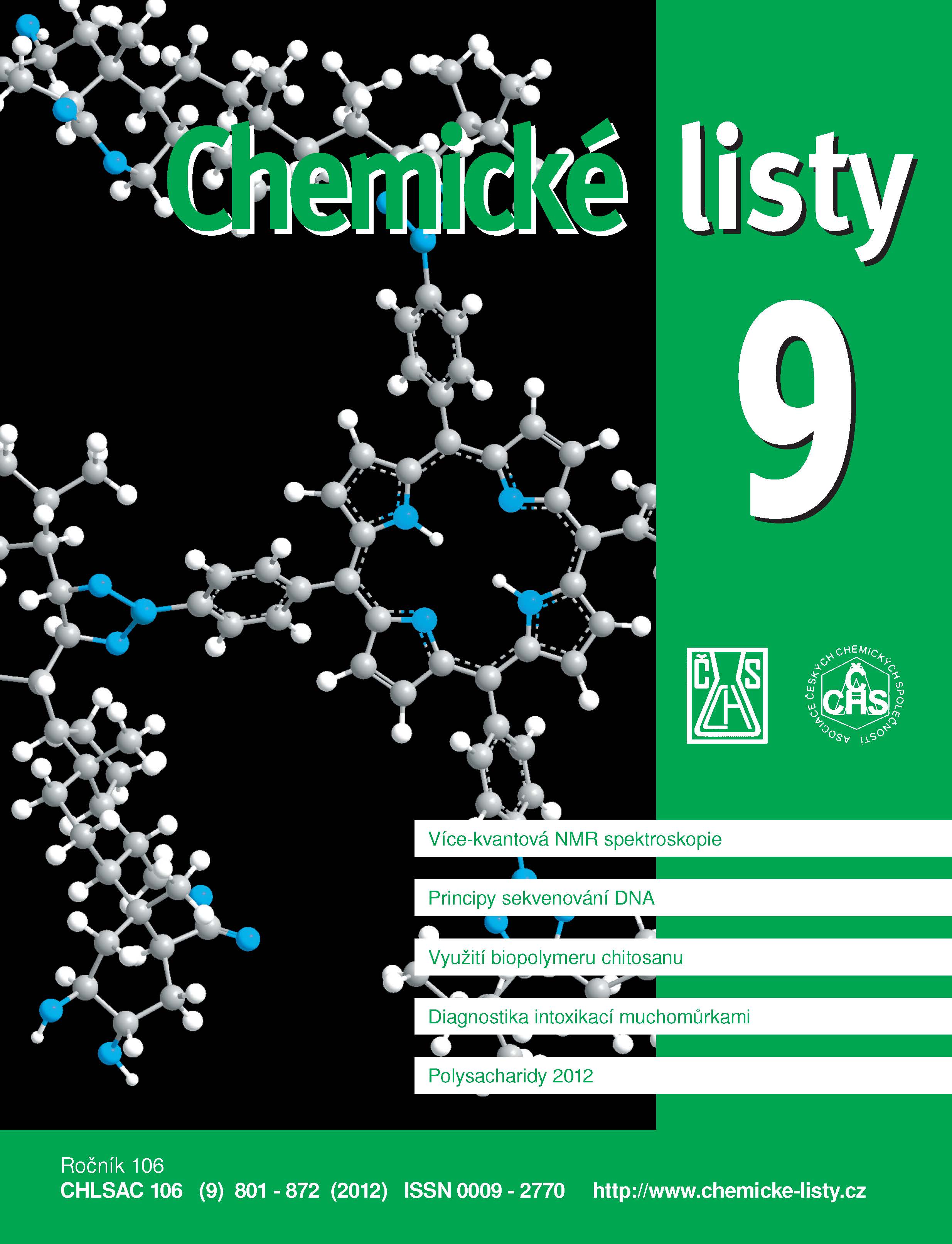Use of Chitosan in Drinking Water Treatment by Coagulation
Keywords:
coagulation, chitosan, drinking water treatment, total water mineralization, temperature, centrifugationAbstract
Coagulation is used in water treatment for destabilization and removal of colloidal particles and dissolved organic substances. The most widely used coagulants are Al and Fe salts; however, the use of natural organic coagulants, such as chitosan, is an interesting alternative. Most amino groups of chitosan in acid aqueous solution are protonated and therefore they destabilize particles with negative charge present in water such as humic substances. The coagulation efficiency and optimum dose of chitosan depend on pH. The article deals with the influence of dissolved solids and temperature on aggregation in chitosan-treated humic water. Chitosan seems to be a promising alternative to the traditional metal-based coagulants. A small influence of a low temperature of water is a favorable feature in water treatment practice.





